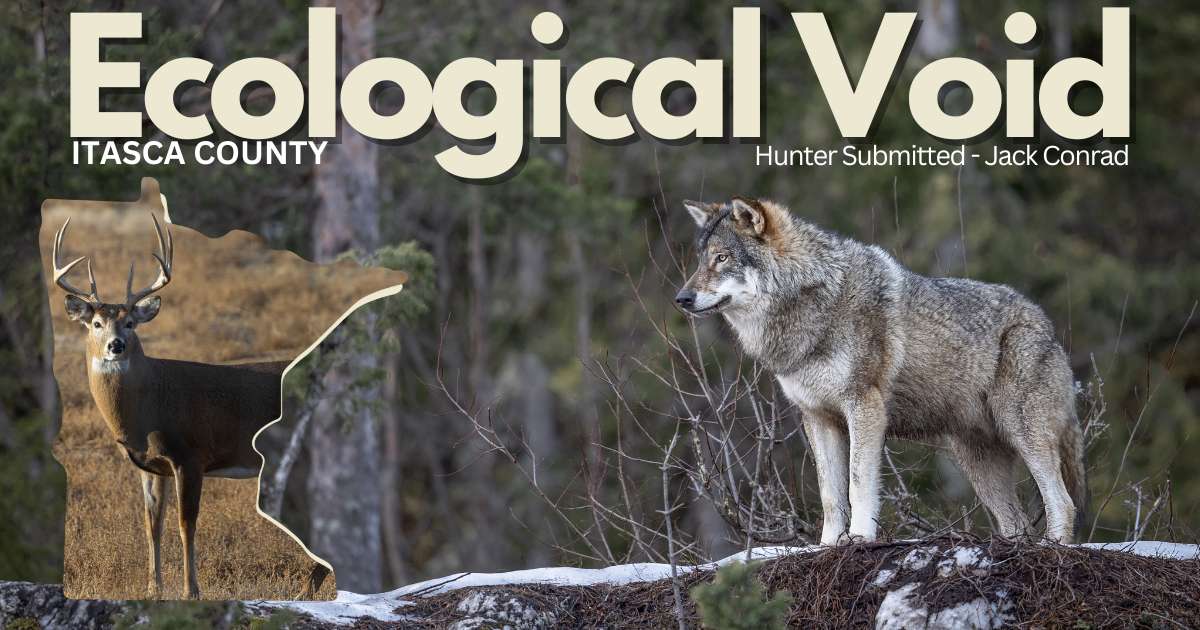

For generations, my family has cherished the tradition of hunting at our land north of Nashwauk. In the early years, we overlooked the limited presence of wolves while still enjoying abundant deer hunting. Hunters from all corners of the state would gather in area shacks and camps, bringing excitement, fellowship, and unforgettable memories.
However, as time passed and the new millennium dawned, we noticed a significant shift. Deer hunts became less fruitful, overshadowed by the growing presence of wolf sign in the region. Initially, we attributed this to logging activities disrupting the natural balance, but the situation only worsened with each passing year. Deer sightings became rare, camps stood empty, and the familiar vibrant orange attire dwindled.
This unfortunate trend persists to this day. Deer and hunters alike have seemingly vanished, leaving behind an eerie silence. It appears that the wolf population explosion has created an ecological void. Perhaps they devoured their own resources, resulting in their decline or migration. The last wolf I spotted looked terribly ill, and now more coyotes and black bears dominate the landscape.
While I understand that nature has its own course, I firmly believe that wolves played a significant role in this transformation. Undoubtedly, other factors have contributed, but the lack of population control and restrictions on their prey have undoubtedly amplified the impact. It seems like a simple equation to me: proper management or enduring the consequences, both ecologically and economically.
Maybe it's just nostalgia creeping in as I grow older, reminiscing about the glory days. I yearn for the times when we returned from a successful hunt, sharing tales of triumph and seeing deer suspended from trees. Now, we swap stories about squirrel sightings and remark on the uncharacteristically warm weather. The hunting landscape has evolved, but I can't help but miss the pride and abundance we once knew.
